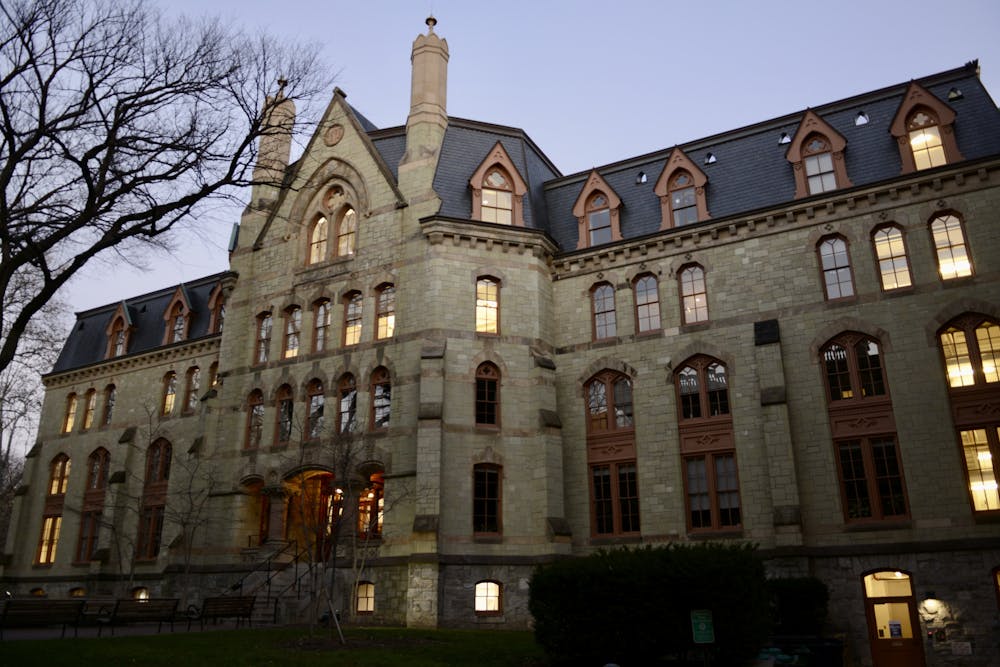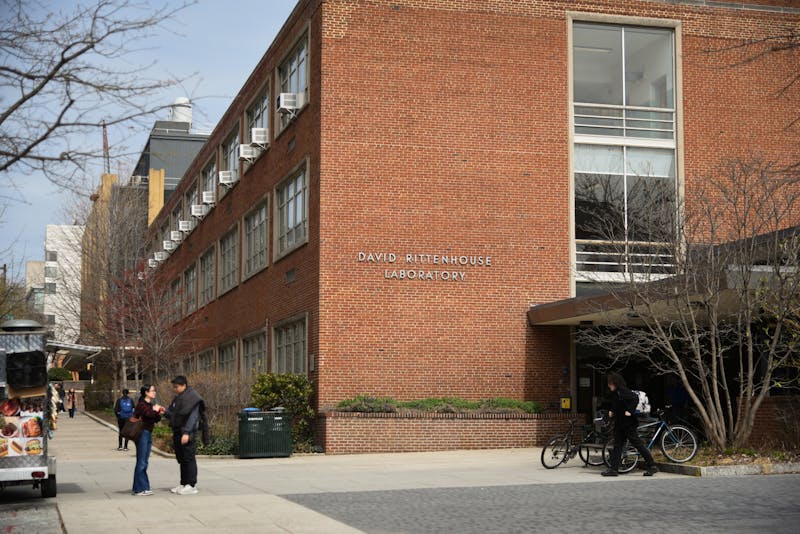
Penn community members spoke with The Daily Pennsylvanian about how the College of Arts and Sciences' 26 departments approach course content and evaluation.
The process starts with faculty submitting course proposals through a University-wide application called Curriculum Manager which is run by the Office of the University Registrar. According to anthropology professor Katherine Moore, this proposal includes a course description, a course rationale, and a provisional syllabus.
Afterward, the course undergoes a departmental-level review, typically led by the undergraduate chair. These reviews typically follow significant inter-departmental discussions on the needs of the department, the style of the potential course, and which faculty member will teach it.
"The needs of the department, the background of the faculty member, and the advice of the students are all used to help each course conform to our standards," Moore said.
Some departments also institute certain content requirements, especially for major-required courses. The cinema studies department, for example, has several content requirements for its introductory course CIMS 1002.
"We wanted a very global cinema introduction," said Cinema Studies professor Karen Redrobe.
Courses also have to satisfy certain requirements from the Office of the Registrar. These include organizational standards on meeting times, course type, and grading style. For courses that satisfy certain general education requirements, there may be additional standards on curriculum style. For example, Moore said that committees in the College of Arts and Sciences have specific requirements on the amount of writing, tests, and reading in General Education courses.
Within the courses, faculty have significant leeway in determining the material that they cover–including which readings, textbooks, and case studies are used in the class.
"[Course material] is the prerogative of the faculty member," said Moore. "They are the subject matter experts and they bring enormous intellectual training to this task."
After a course is taught, faculty typically work with their departments to review and reconsider their courses.
"Most of us sit down and think about what didn’t work and what worked. We adjust what we’re doing in relation to that," Redrobe said.
Course evaluations are also helpful in shaping the content and structure of courses.
"We take those [evaluations] to heart and appreciate the input of how that works from the student perspective," Chemistry professor Jeffrey Winkler said. "Usually students are honest, brutally honest, about their experiences."
The Daily Pennsylvanian is an independent, student-run newspaper. Please consider making a donation to support the coverage that shapes the University. Your generosity ensures a future of strong journalism at Penn.
Donate











